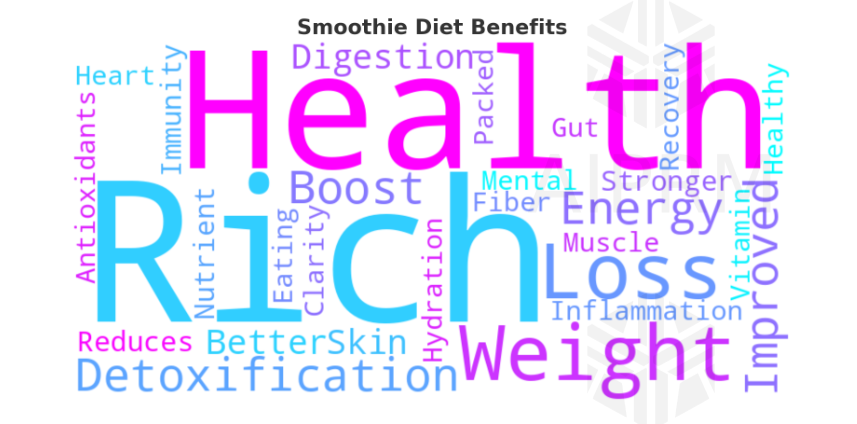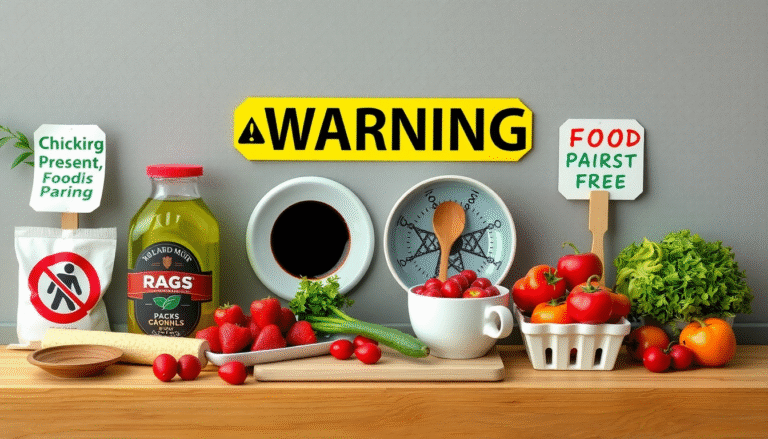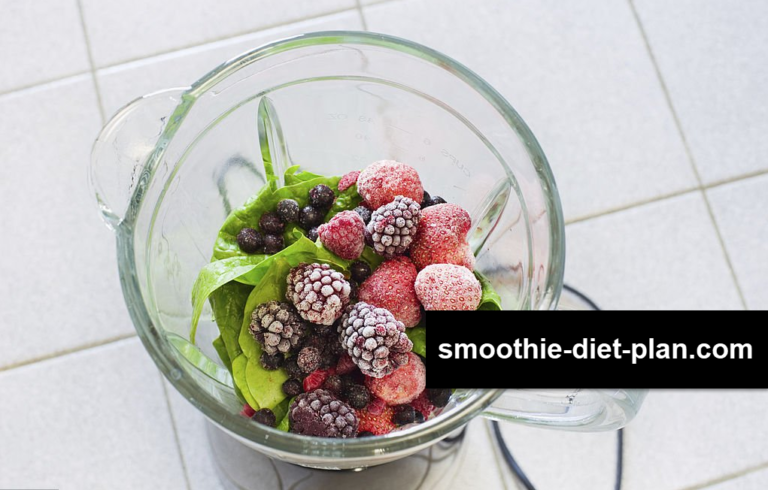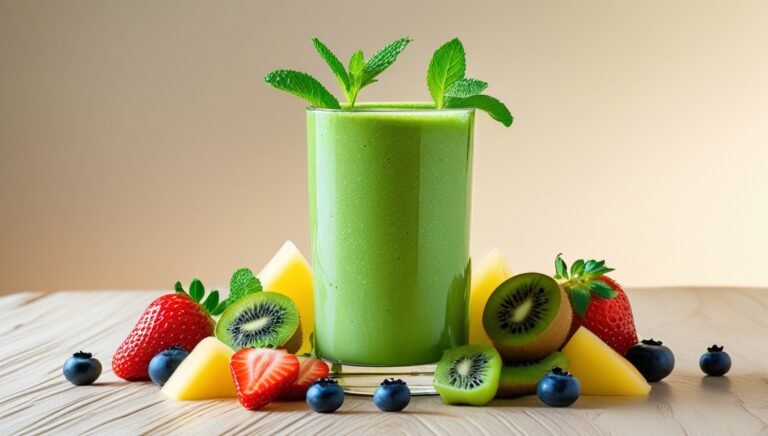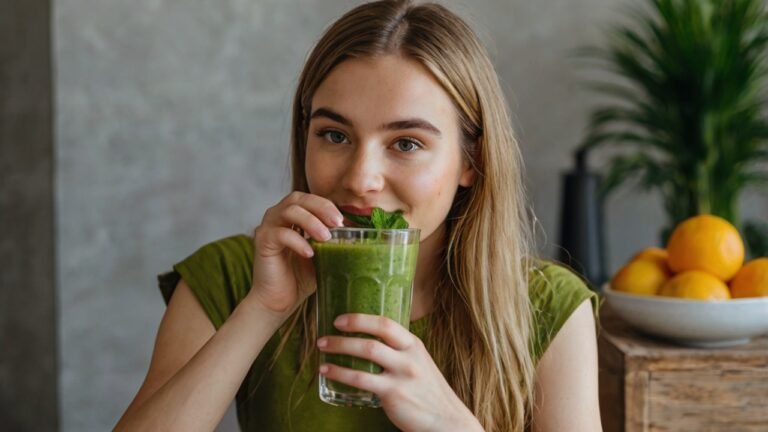Final Thoughts on the Smoothie Diet
The smoothie diet offers numerous health benefits, from weight management to improved digestion and enhanced immunity. However, it’s essential to create balanced smoothies that provide all necessary nutrients. When done correctly, a smoothie diet can be a refreshing and effective way to achieve your health goals.
The Power of a Smoothie Diet for Health and Wellness
A smoothie diet is more than just a trend—it’s a lifestyle choice that supports weight loss, detoxification, and overall well-being. This nutritional powerhouse combines fruits, vegetables, nuts, and protein sources into a delicious blend that fuels your body with essential vitamins and minerals. But how healthy is a smoothie diet, and what benefits does it offer? Let’s dive into the details.

What Is a Smoothie Diet?
A smoothie diet involves replacing one or more meals with nutrient-packed smoothies. These blends typically contain a combination of:
- Fruits: Berries, bananas, mangoes, and apples for natural sweetness and fiber
- Vegetables: Spinach, kale, carrots, and beets for vitamins and minerals
- Protein sources: Greek yogurt, protein powder, nuts, and seeds for muscle maintenance
- Healthy fats: Avocado, almond butter, and flaxseeds for sustained energy
- Superfoods: Chia seeds, matcha, and spirulina for an extra health boost
The goal is to create a balanced meal that provides essential nutrients while being low in unhealthy fats and processed sugars.

Smoothie Diet Benefits: Why It Works
A smoothie diet offers numerous health benefits, making it a great choice for anyone looking to improve their overall wellness.
1. Supports Weight Loss and Fat Burn
Smoothies can be an excellent tool for weight management. They help control portion sizes, reduce cravings, and provide essential nutrients without unnecessary calories. A well-balanced smoothie keeps you full longer, preventing unhealthy snacking.
2. Improves Digestion and Gut Health
Fiber-rich ingredients like spinach, chia seeds, and bananas promote healthy digestion by preventing constipation and supporting gut bacteria. Probiotic-rich additions like yogurt or kefir enhance gut flora, leading to better digestion and absorption of nutrients.
3. Boosts Energy and Stamina
Unlike processed foods that cause energy crashes, smoothies provide sustained energy from natural sources like fruits, nuts, and protein. A smoothie packed with healthy carbs and proteins fuels the body for workouts and daily activities.
4. Enhances Detoxification and Cleansing
A smoothie diet helps flush out toxins by supplying antioxidants and hydrating the body. Ingredients like lemon, ginger, and cucumber support the liver in detoxifying harmful substances.
5. Strengthens the Immune System
Fruits and vegetables are loaded with vitamins and minerals that strengthen immunity. Vitamin C-rich foods like oranges and strawberries help the body fight infections, while leafy greens provide iron and folate for overall health.
6. Promotes Healthy Skin and Hair
Antioxidants and collagen-boosting nutrients in smoothies improve skin elasticity and hair strength. Ingredients like berries, avocados, and nuts promote youthful skin and prevent hair breakage.
7. Reduces Inflammation and Chronic Diseases
A diet rich in anti-inflammatory foods, such as turmeric, ginger, and leafy greens, helps reduce inflammation linked to heart disease, diabetes, and arthritis. Smoothies make it easy to incorporate these healing ingredients into your daily diet.
How Healthy Is a Smoothie Diet?
A smoothie diet can be very healthy when properly balanced. However, some common mistakes can make it less effective.
Common Pitfalls to Avoid
- Too Much Sugar: Adding excessive fruits or sweeteners can turn a healthy smoothie into a sugar bomb. Use low-glycemic fruits and avoid artificial syrups.
- Lack of Protein and Healthy Fats: A smoothie should be a complete meal. Include protein and healthy fats to prevent blood sugar spikes and crashes.
- Skipping Whole Meals: While smoothies can replace a meal, relying solely on liquid nutrition may lead to deficiencies in fiber and essential nutrients.
- Ignoring Portion Control: Even healthy smoothies contain calories. Drinking large servings can lead to weight gain instead of weight loss.
How to Make a Healthy Smoothie
- Start with a liquid base: Water, coconut water, or almond milk
- Add a protein source: Greek yogurt, protein powder, or nut butter
- Incorporate fiber-rich fruits and vegetables: Spinach, kale, bananas, and berries
- Include healthy fats: Chia seeds, flaxseeds, or avocado
- Avoid artificial sweeteners: Use honey or dates for natural sweetness
Best Smoothie Recipes for a Healthy Diet
1. Green Detox Smoothie
- 1 cup spinach
- 1/2 cucumber
- 1/2 lemon
- 1 green apple
- 1 tablespoon chia seeds
- 1 cup water
2. Protein-Packed Banana Smoothie
- 1 banana
- 1 scoop protein powder
- 1 cup almond milk
- 1 tablespoon peanut butter
3. Berry Antioxidant Smoothie
- 1/2 cup blueberries
- 1/2 cup strawberries
- 1/2 cup Greek yogurt
- 1 tablespoon flaxseeds
- 1 cup coconut water

